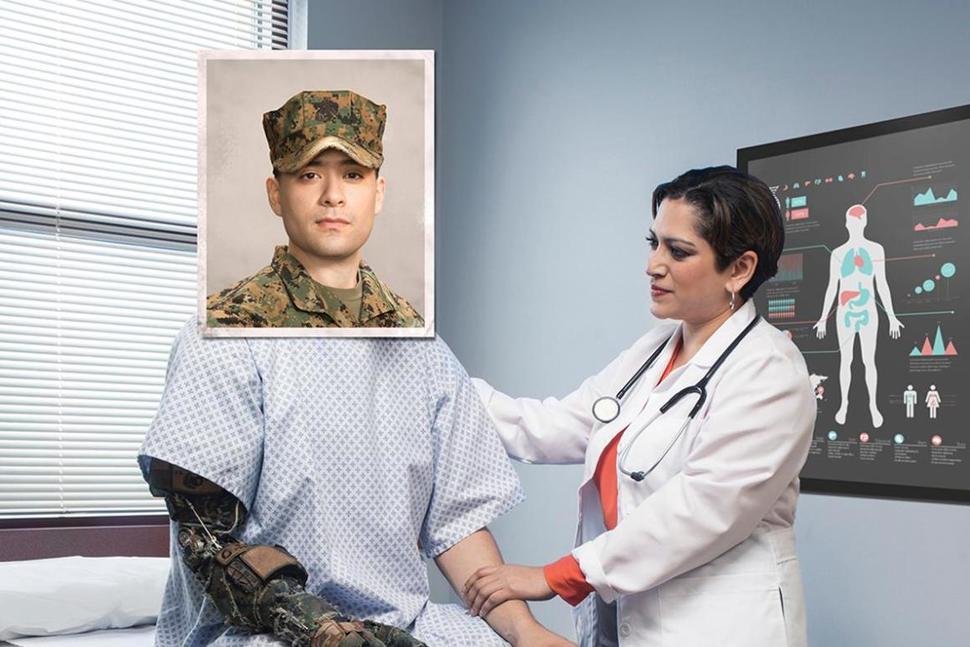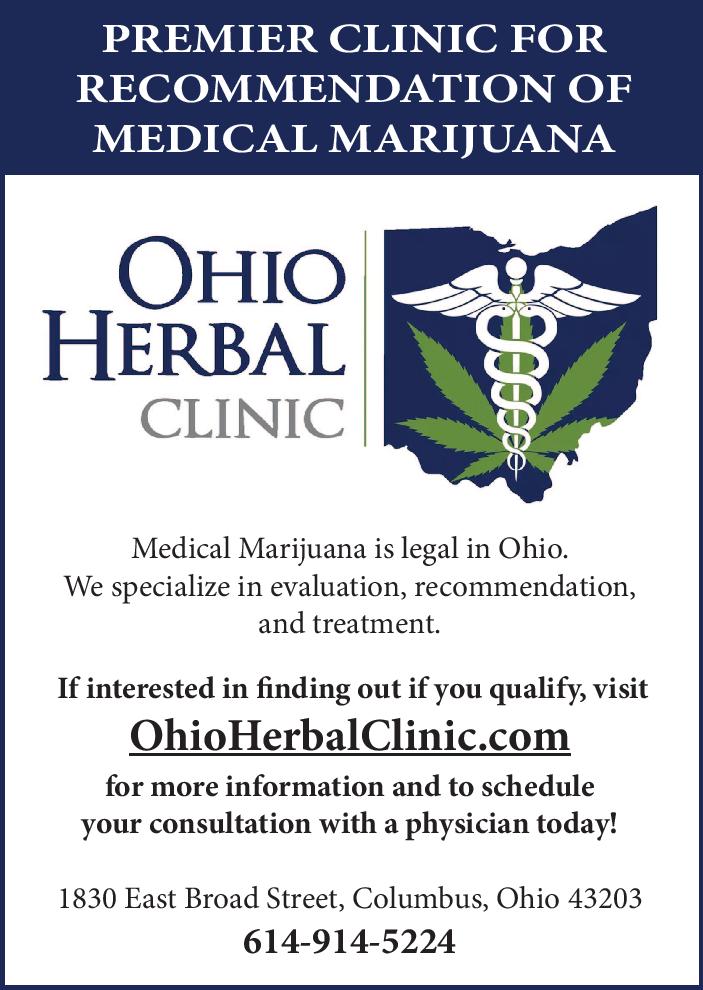
WASHINGTON (AP) --
The Department of Veterans Affairs needs "fundamental, dramatic change" to improve the health care it provides to more than 9 million veterans a year, a congressional commission says in a report.
Two years after a scandal over long wait times for veterans seeking care, the report issued Wednesday recommended significantly expanding a program intended to make it easier for veterans to get government-paid private care.
Congress created the 15-member commission in 2014 after approving a landmark law overhauling the VA in the wake of the scandal, which also revealed that VA employees were covering up chronic delays with false paperwork and secret waiting lists. As many as 40 veterans died while awaiting care at the Phoenix VA hospital, according to an investigation by the VA's inspector general.
The commission recommendation raises questions about the balance between government services and private care with taxpayers footing the bill.
Those affected include nearly 1 million veterans who suffer from some form of post-traumatic stress disorder, the panel said in its 292-page report.
The panel's report - delivered to Congress and the president - provides "bold recommendations that set a foundation for ensuring our nation's veterans receive the care they need and deserve, both now and in the future," said Nancy Schlichting, CEO of the Henry Ford Health System and chairwoman of the Commission on Care.
Chief among the panel's recommendations is a plan to replace the 2-year-old "Choice Program" authorized by Congress with a nationwide series of community-based delivery networks intended to provide veterans with greater access to health care, as well as improve quality and cost-effectiveness.
The current program is limited to those who have waited at least 30 days for a VA appointment or live at least 40 miles away from a VA health site. The commission proposes a new community care network that would be open to all veterans, regardless of how long they have waited for care or where they live. Veterans with service-connected conditions would be granted preferred access to care.
Sen. John McCain, R-Ariz., said the report recommends many reforms he has been seeking for years, especially the plan to expand the Choice Program and remove the 30-day, 40-mile restrictions on veterans. The Obama administration and congressional Democrats pushed for the restrictions in the 2014 law as a way to control costs and prevent what some Democrats and veterans groups feared would become a gradual "privatization" of VA health care.
The wait-time and mileage restrictions "have caused confusion and frustration for our nation's veterans who need flexible, quality care," said McCain, chairman of the Senate Armed Services Committee and a leading advocate for veterans. "I support any and all reforms that would provide veterans more freedom to choose when and where they can receive care."
The system recommended by the Commission on Care would include Defense Department medical facilities and other federal health providers, as well as private doctors and hospitals credentialed by the Veterans Health Administration.
Two years after the wait-time scandal, the VA still has "profound deficiencies" in delivering health care to veterans, the commission said. The VA delivers high-quality health care but is inconsistent from one site to the next, and problems with access remain, the panel said.
"America's veterans deserve a better organized, high-performing health care system," the report said.
President Barack Obama said in a statement that he will review the commission's report closely in the coming weeks.
VA Secretary Bob McDonald said many of the panel's recommendations are in line with ongoing efforts to transform the VA into what McDonald calls a "veteran-centric organization."
Work on that effort has been underway for two years and has resulted in increased access to health care and a better experience for veterans, McDonald said.
In March, the VA set a record for completed appointments: 5.3 million in VA hospitals and clinics, 730,000 more than in March 2014. The VA also issued twice as many authorizations for private care than in a comparable period two years ago, McDonald said.
Rep. Jeff Miller, R-Fla., chairman of the House Veterans Affairs Committee, said problems plaguing VA medical care are severe and that "fixing them will require dramatic changes in how VA does business."
BY



